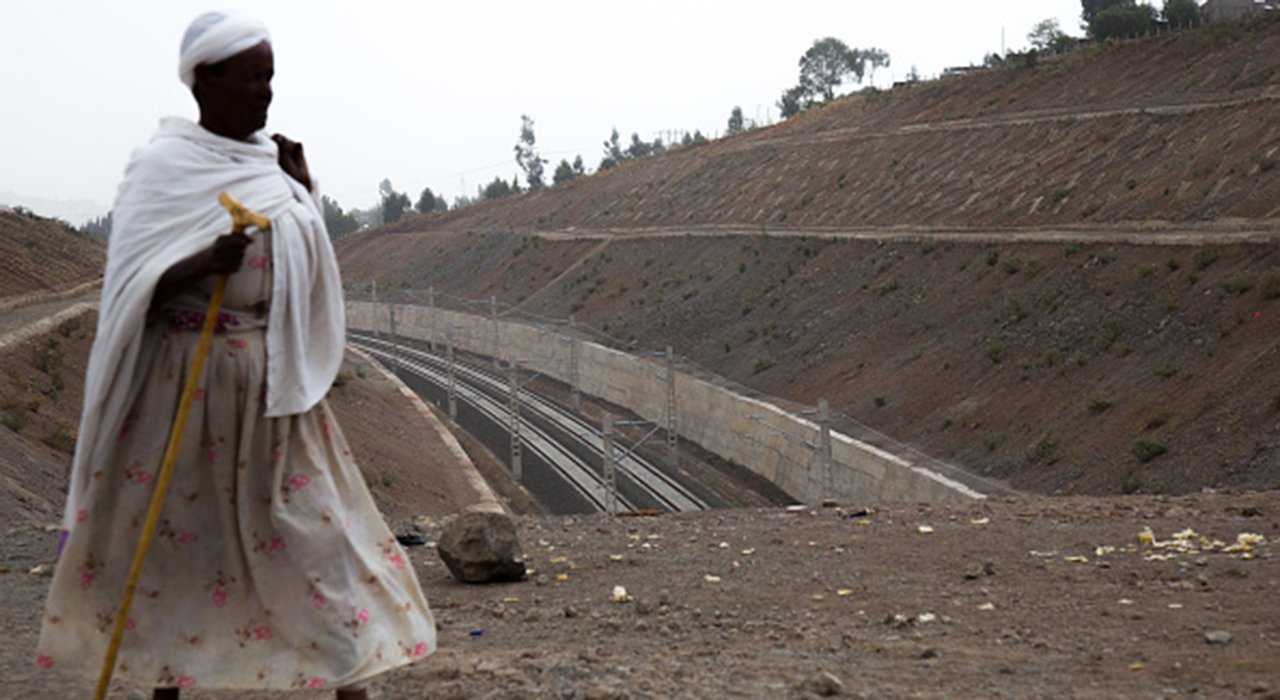East Africa foresight
This fifth report of the Observatory presents the elements collected on Egypt, Sudan, Ethiopia, Djibouti and the Central African Republic. The five fact sheets propose, as far as possible, elements for assessing climate vulnerability in the future, reflections on their possible translation into security terms, a brief analysis of public policies in the area of climate, an evaluation of the role of the armed forces and civil security forces in the management of natural disasters, as well as crisis scenarios (trend and breakdown).

The so-called ‘breakthrough’ scenarios do not necessarily introduce the latter through a negative element. The breakthrough can be the result of a positive development that breaks with a situation by contributing to its improvement and opening up other perspectives, thus raising other issues. This choice can obviously be discussed at the next meeting of the steering committee on Wednesday 7 March 2018.
In this fifth report, the vulnerability assessments are still based on the six components determined in the previous documents and on a three-level assessment (good, average, poor) of their situation. Aware of the limitations of this approach, which presents a median assessment, the research team is pursuing, as agreed, the objective of proposing a six-level scale in order to better discriminate between countries. However, the thinking is not yet sufficiently advanced to allow this.
The possibility of drawing up a graph showing the preparedness of the armed forces on the x-axis and the vulnerability of the countries on the y-axis was studied. It could, for example, be based on the evaluation of simple and objective criteria such as
– Assessment of civil protection: numbers and budgets (several tranches)
– The existence of official documents from the armed forces setting out a doctrine
– Identification of military involvement in disaster management (upstream and downstream: prevention, anticipation, management, rehabilitation)
– Assessment of the performance/reactivity during the last large-scale disasters
The main difficulty is access to reliable sources. Most accurate information can only be collected through interviews that are difficult to obtain, when the contact persons are simply impossible to identify. Further interviews are still needed in the coming months in order to refine the assessment of the level of preparedness of the armed forces and to propose a satisfactory evaluation.





